Simia Ahmadi is the Founder of Kahesa Paper, a social enterprise in Kenya that employs autistic adults and others with intellectual/developmental disabilities. A human rights advocate since 1993, Ms. Ahmadi started at the UN Center for Human Rights, and then with the International Federation for Human Rights (FIDH), first as their Nordic Representative in Stockholm, then as East Africa Coordinator from Uganda. Ms. Ahmadi then served as Programme Coordinator of the Legal and Human Rights Centre in Tanzania where she established its first Monitoring Unit. Simia served as FIDH’s Representative to the UN where she took a leading role during the reform towards the UN Council of Human Rights. Most recently, Simia served as an advisor to the East and Horn of African Human Rights Defenders Network (Kampala) concerning a Pan-African project to protect human rights defenders. Simia also served as Chief of Party for Kenya for the Public International Law and Policy Group, an international law firm based in Washington. Continue reading to learn about the incredibly successful social enterprise that Ms. Ahmadi and her dedicated workers run: Kahesa Paper.

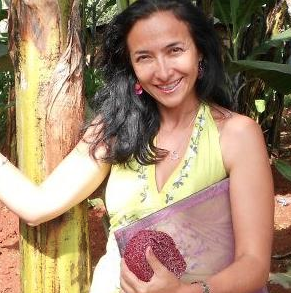

I grew up in Iran, playing on the hills on the outskirts of Tehran. During the Islamic Revolution, we moved to the USA. I am Swiss from my mother and Iranian from my father. My father was a doctor, and we lived in Rhode Island, Kentucky, and California. I studied psychology and communications at the University of Kentucky, then went on to study international relations in Monterey California, then International Human Rights Law in Sweden where my ex-husband was posted with the United Nations.
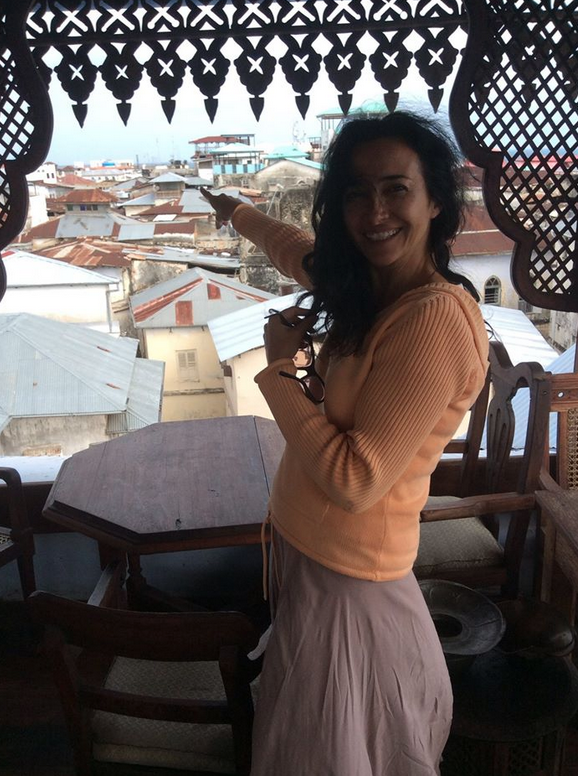
I fell in love with East Africa when my ex-husband was transferred to Uganda. I worked in Tanzania doing human rights work for a local NGO after our separation and met my son Anouch’s father who is from Zanzibar. Because of Anouch’s medical problems (he needed heart surgery at 7 months old), I moved to Switzerland and ended up working in human rights in Geneva while raising Anouch on my own. When he was 6 years old, I decided we needed to go to East Africa where he could discover his roots and get educated in a private school, while making it easy to visit his father. I went to Kenya because I received an offer from a pro bono law firm, Public International Law & Policy Group, and I worked there from 2010-2011.
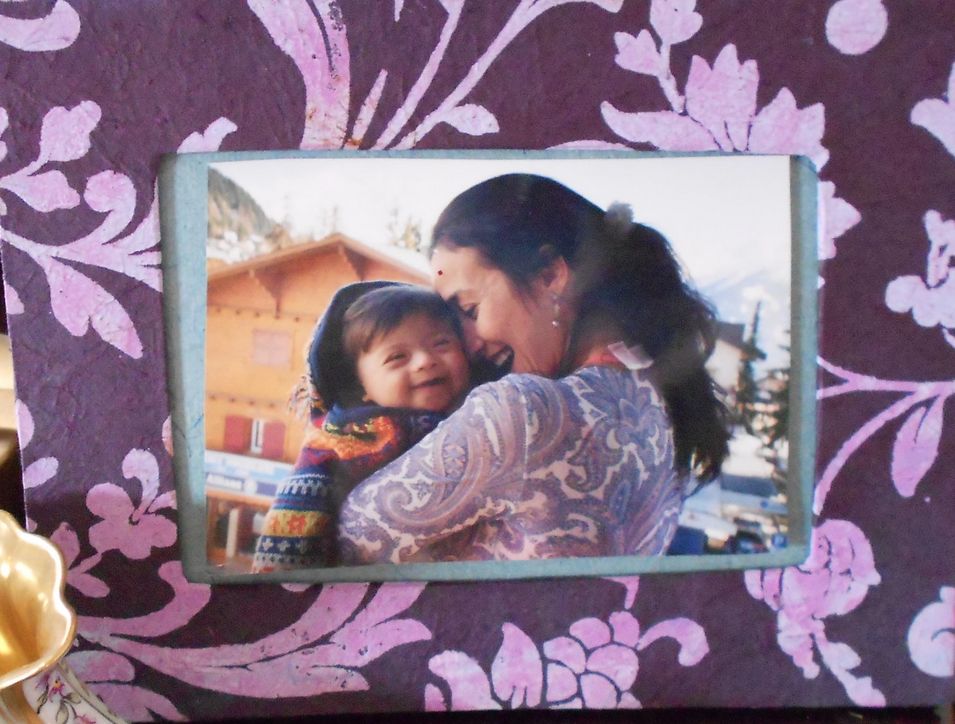
Kenya is less developed as far as infrastructure, but it is tremendously beautiful and rich in landscape with the wildlife and all. The climate is ideal. There is a lot of corruption and daily problems, but in the end, it’s a wonderful place as the locals are so friendly. Also, it’s easier to get local help considering my son has Down Syndrome, and I am a single mother raising him on my own.
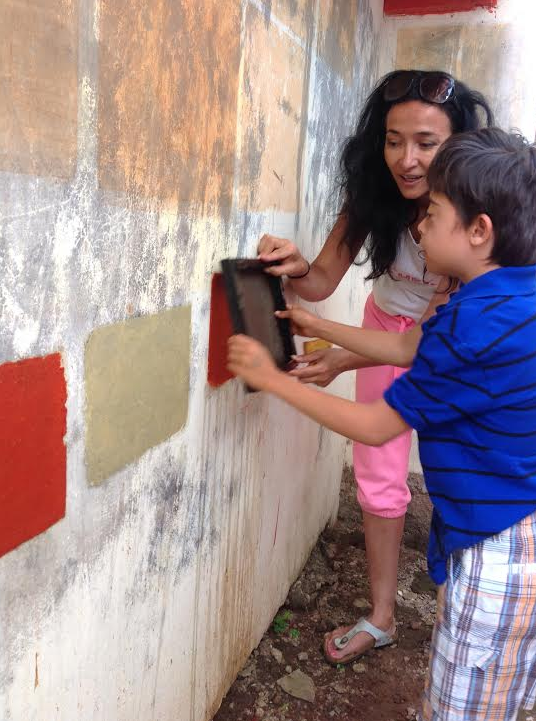
The Kenyan locals are friendly, yet the lack of governmental services for persons with special needs here is poignant. There are no government programs. There are very few schools that cater to their needs (less than a handful). Many persons with mental disabilities are vulnerable to abuse, including rape, and considered by many superstitious people as cursed or possessed, or a punishment for their mothers’ sins. Therefore, when adults, they are mostly left at home to do menial tasks or to remain idle in front of a TV screen, or in less fortunate families, they can be left to roam the streets, prone to abuse. In 2012, I did consultancies and set decided to set up Kahesa, a social enterprise that aims to generate income for young adults with disabilities who make beautiful 100% organic paper from banana trees.
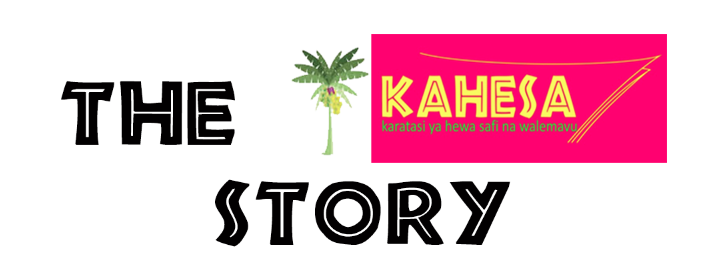

Combining my understanding of persons with mental disabilities or those who are ‘abled differently’ – it’s natural for me to want to help other parents and families based on my own experience– and with my human rights activism, I wanted to work with such persons and allow them the right to work. I felt I had the positive energy to contribute to working with adults with disabilities despite my son being young (11 years old). I wanted to merge my love of the arts with the human rights of the disabled. In addition, I always wanted to make paper as a hobby. I went to Cairo to train in papermaking (at El Nafeza in Old Cairo) where they recruit women who are mute and deaf. I had read their story in Newsweek magazine in December 2011, and this is what got me going.
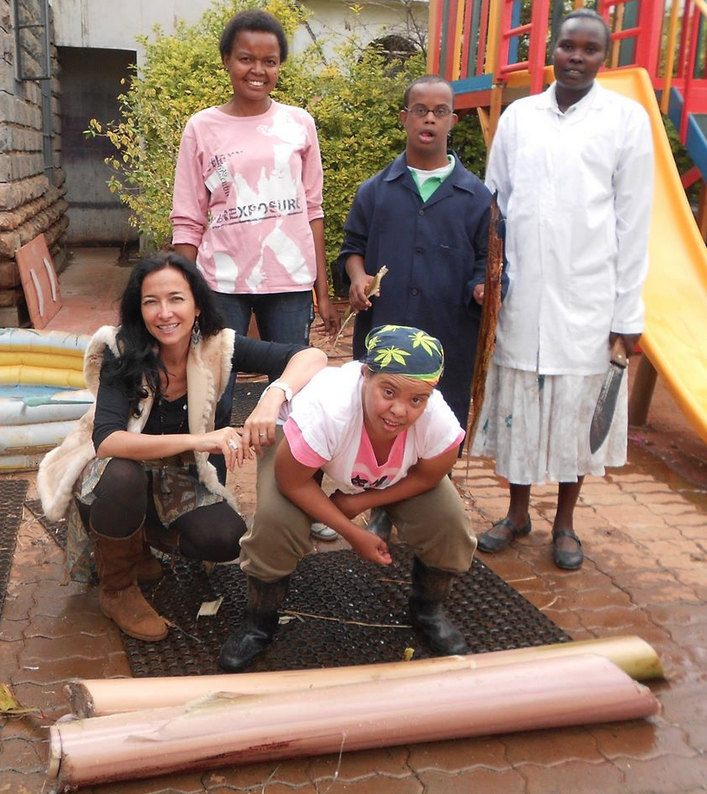

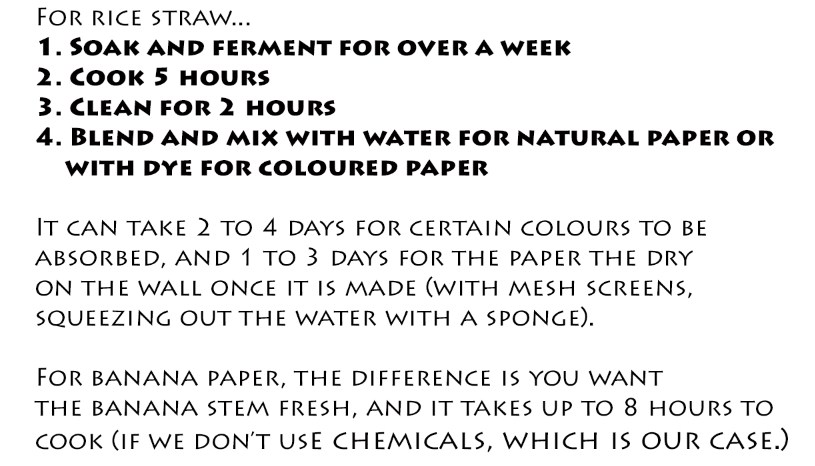
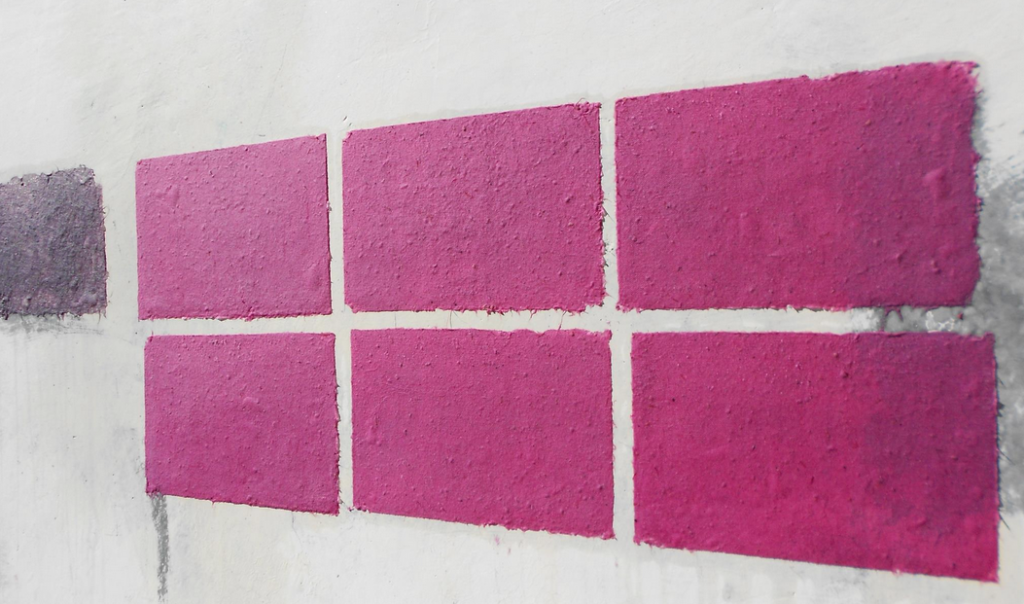
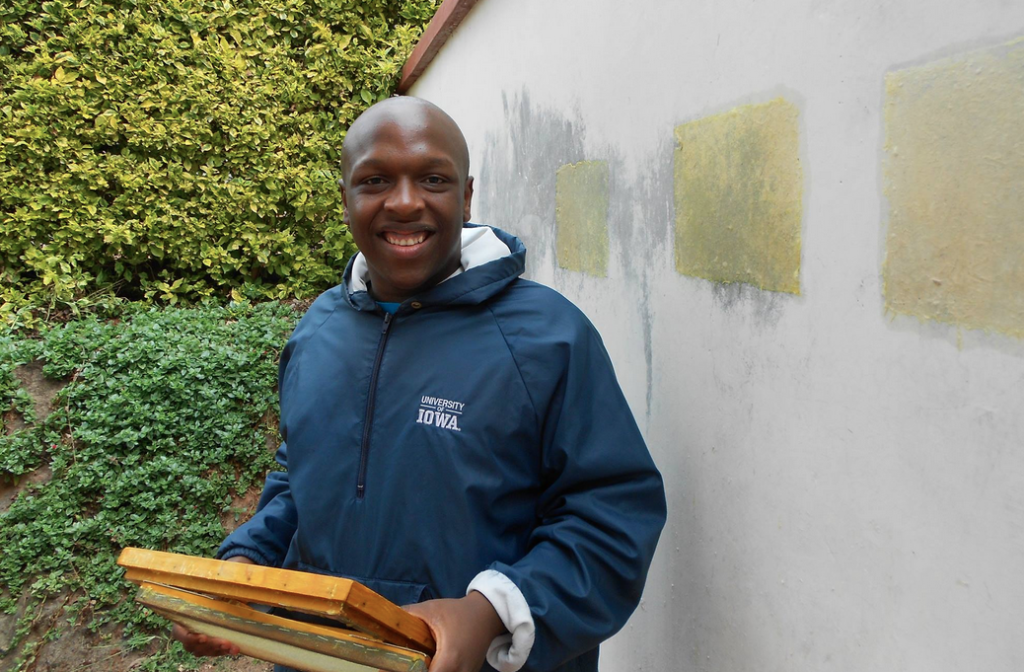
The greatest difficulty in starting Kahesa was recruitment, in particular, as it’s very tricky to find the adults who will appreciate and be capable of working, as most did not get services when they were younger. It was important to find the right families who support their children and want them to work. Other than that, I am amazed by how quickly the public and clients responded positively to the paper and our products!
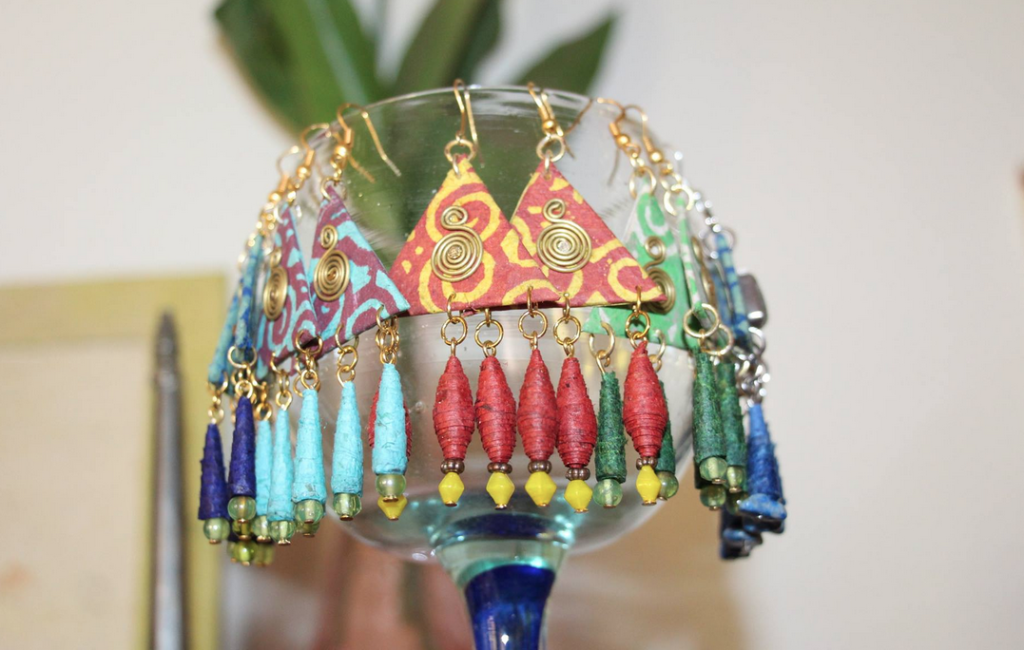
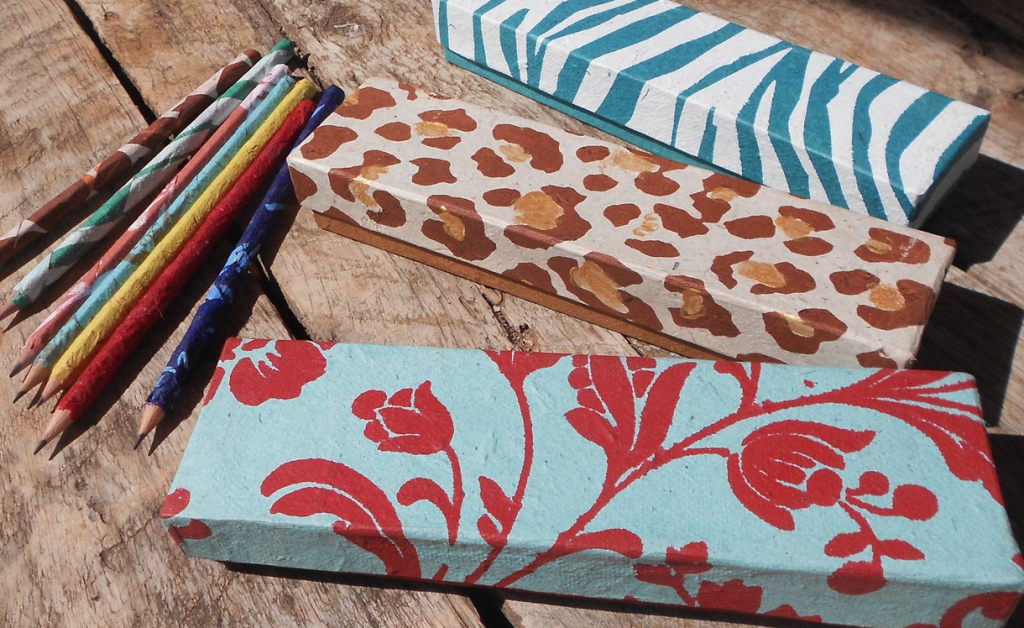
I design most of the products. The earrings are new and we rely on a couple of friends/volunteers from Asia who are talented in making jewelry. The other products can be seen under ‘boutique’ on www.kahesa.org. They range from notebooks, bookmarks, calendars, coasters, jewelry boxes, pencil holders, magazine boxes, etc.
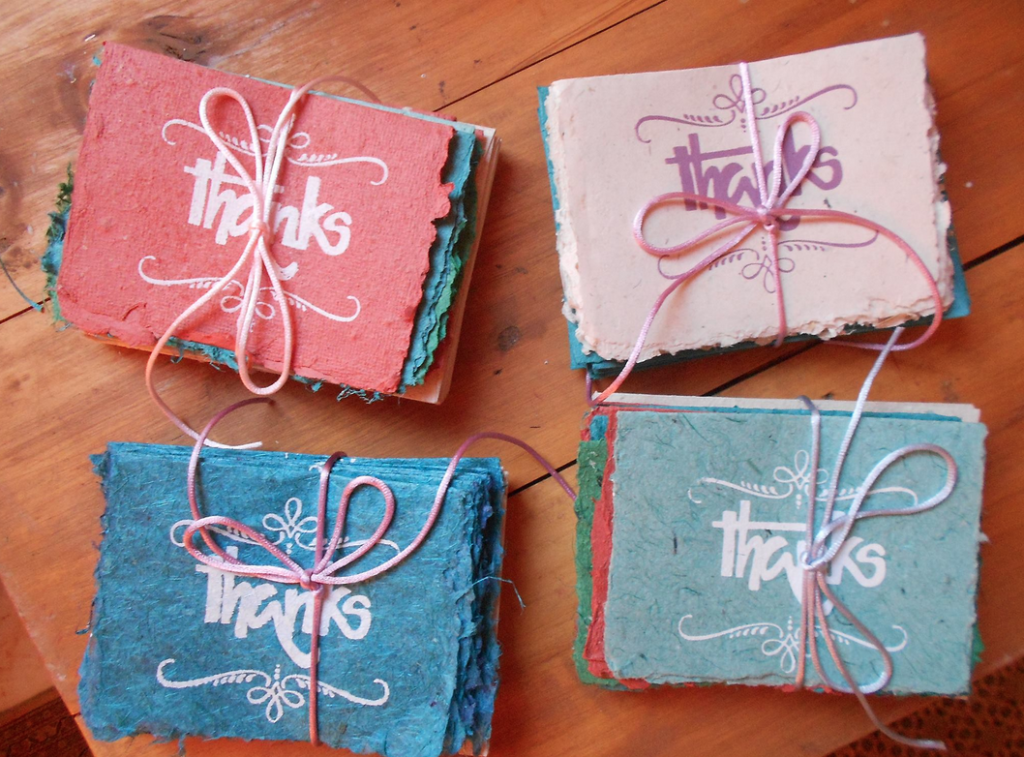
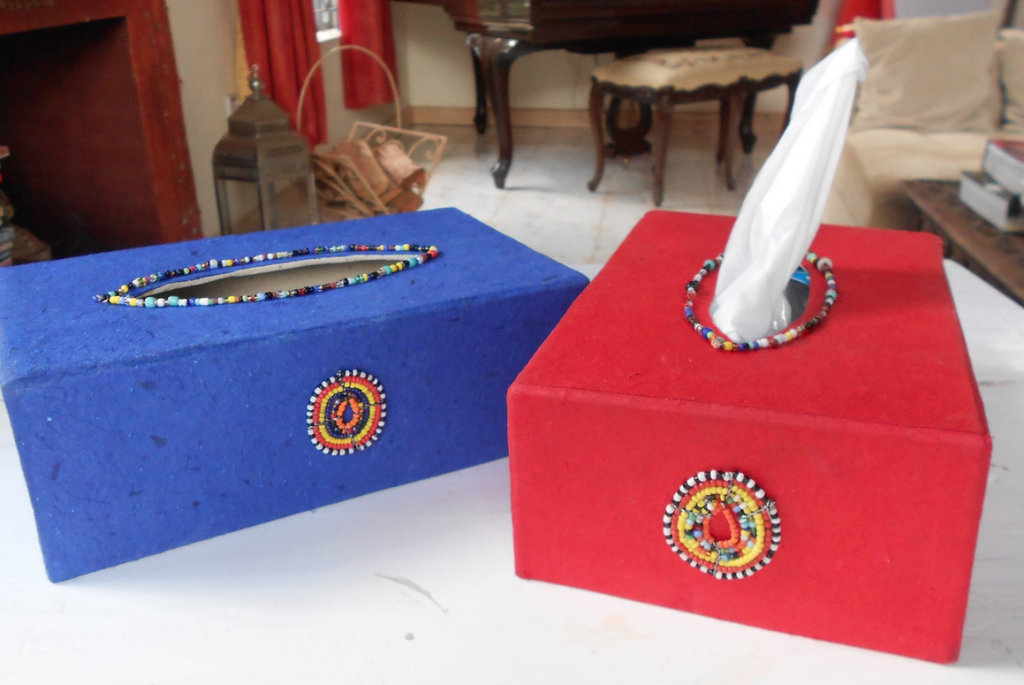
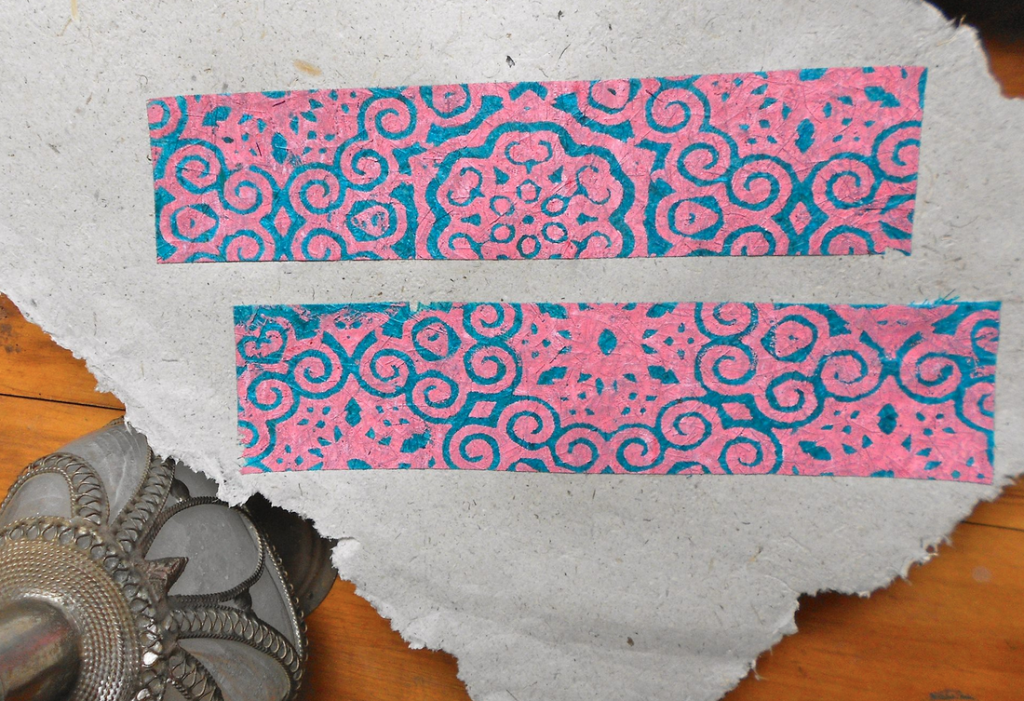
Currently, there are 12 workers (four women). Five persons without disabilities work with us, mostly as volunteers or assistants (during transport) for those less functioning adults with various conditions (autism, Cerebral Palsy, Down syndrome). My greatest hope for the adults who work at Kahesa is that after they gain skills here, they can then go work mainstream professionally in a small company that will accept them and integrate them. I would like to see more government services and private companies employing persons with various intellectual disabilities. This is made possible by working closely with specialists in special needs.
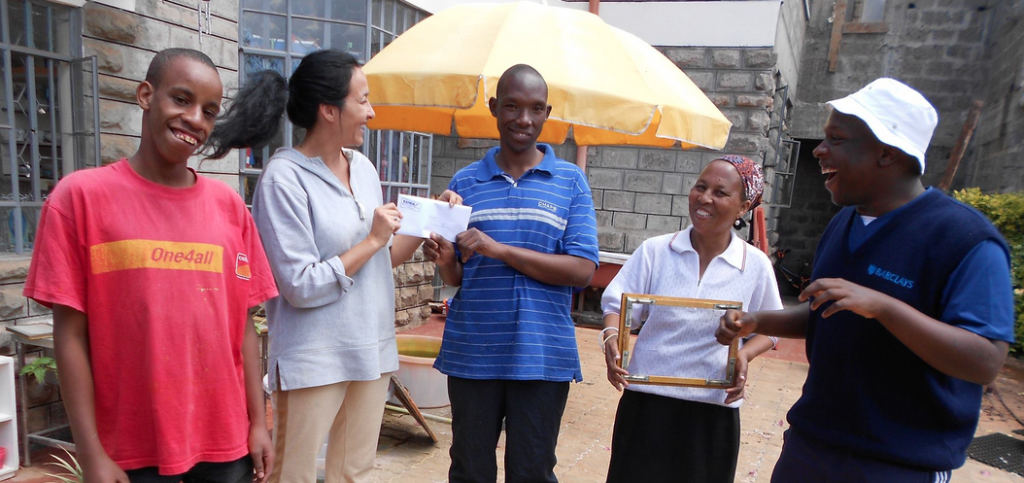
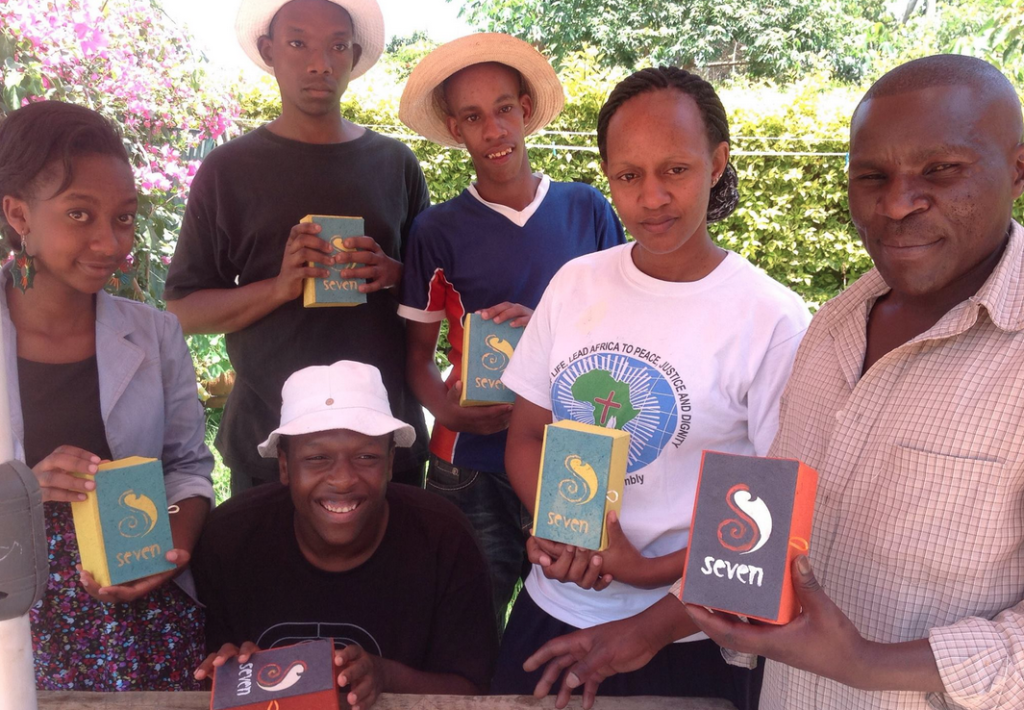
We are breaking stigmatization and changing perceptions; we’ve managed to demonstrate to many communities, local and expatriate, the abilities and talents of persons with disabilities. We do this through the sale of our products at fairs, school events, workshops, and visits, as well as coverage in the media. Our staff attends events and has direct contact with clients. The most rewarding aspect of my job is seeing the transformation in the person hired over time. Communication skills improve, social skills do as well, confidence, self-esteem is raised, families telling me that their adult child can go on holiday without a problem or can say, “Yes, our daughter has a job.” They are proud.
To learn more about Kahesa, watch their recent Voice of America feature by clicking here.
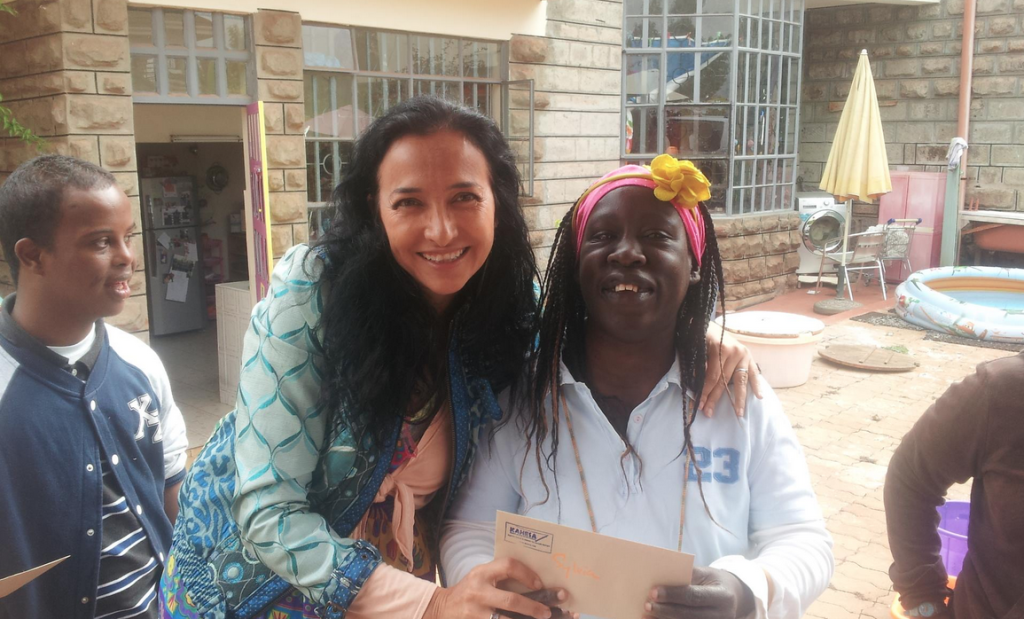
About the Author
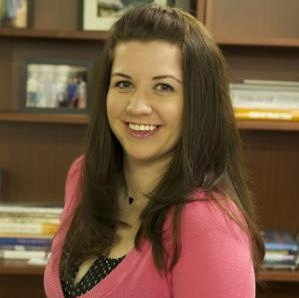 Shannon Doty
Shannon Doty
A Maryland native, Shannon has been working with children and adults with special needs for six years while also providing social media consulting services to local businesses. Obtaining her B.A. in psychology from UMBC, her greatest goals are to foster meaningful connections digitally with adults on the spectrum and their families, increase autism awareness and education through social media and technology, and creatively help address problems affecting Autistic adults and children. Shannon maintains and oversees the organization’s websites and social media presence, digital strategy, and constructs the foundation’s E-newsletter. Shannon loves traveling, the DIY music scene, going to art museums, and cooking with her boyfriend, John.

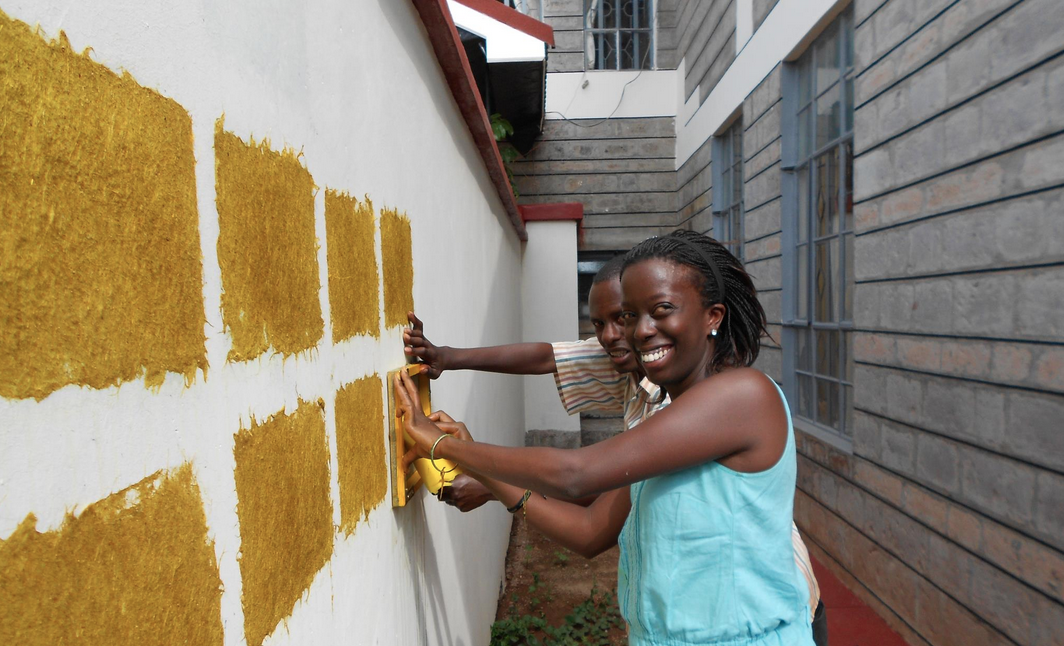
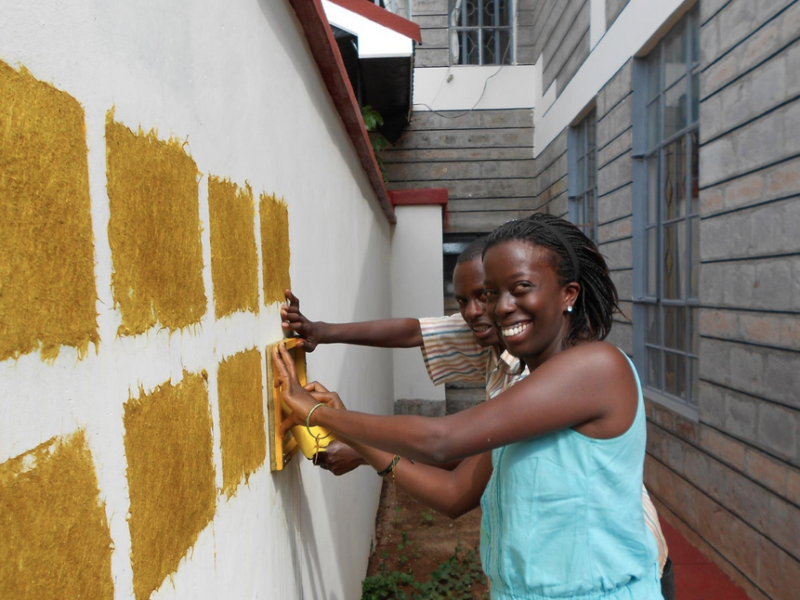
 Ocate Cliffs Eco-Retreat: Autistics Creating Community and Enterprises
Ocate Cliffs Eco-Retreat: Autistics Creating Community and Enterprises



Please say hello to Simia for me. She and I attended school in Monterey and we have lost touch. Please give her my warmest regards and tell her that my emaL address is Margaret.BILLY@YAHOO.COM . I’d love to hear from her. Thanks.